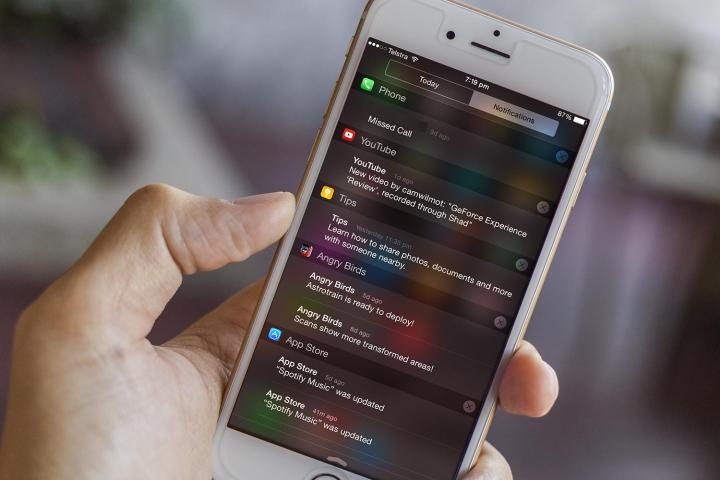
The problem is that alerts can break our concentration, whether or not we take action on them straight away — if you hear (or feel) that a text has come in, then the likelihood is you’ll start wondering who it’s from, what it might say and how you could respond. All of that thinking takes up valuable “bandwidth” inside the brain and takes our mind off the task at hand.
“Although these notifications are generally short in duration, they can prompt task-irrelevant thoughts, or mind wandering, which has been shown to damage task performance,” the study authors say. “We found that cellular phone notifications alone significantly disrupted performance on an attention-demanding task, even when participants did not directly interact with a mobile device during the task.”
Study authors Cary Stothart, Ainsley Mitchum, and Courtney Yehnert ran volunteers through an attention-monitoring test to reach their conclusions. Participants were found to perform significantly worse on a task when their phones were buzzing or ringing — they were three times more likely to make mistakes, the research found. The volunteers didn’t know in advance they would be getting alerts from the research team.
In fact, the level of distraction was comparable to actually answering a phone call or writing a text message, which could have serious implications for how we use our phones in the future (when driving for example). If you really want to keep your mind on a task, just ignoring your smartphone notifications isn’t enough — you need to disable them altogether.
